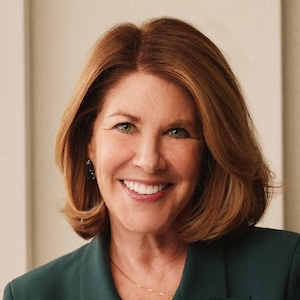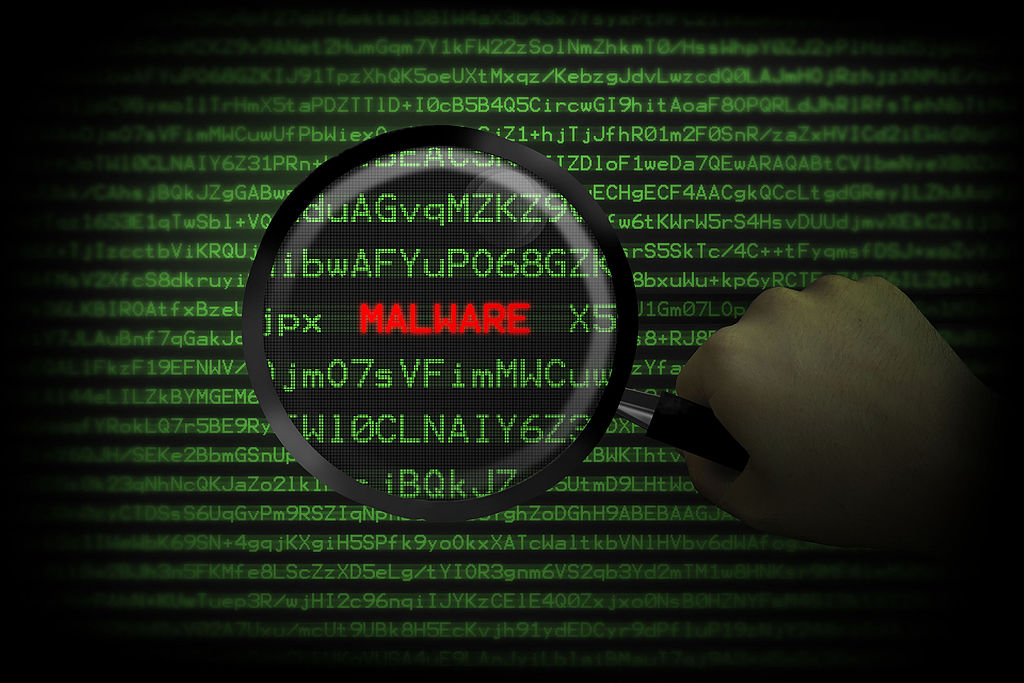Pubcasters ask FCC to boost payouts for auction participants opting for VHF channels
Commonwealth Public Broadcasting, licensee of five noncommercial TV stations in Virginia, says it might swap some of its UHF TV channels for VHF during the FCC’s incentive auction next year, but the pubcaster wants a bigger payout than the agency is currently proposing for such auction deals.
“Paying broadcasters less because they desire to continue to serve the public interest is penny-wise and pound foolish and threatens to undermine the success of the auction,” said Commonwealth, which is serving as spokesperson for a group of noncommercial and commercial broadcasters, in a Feb. 20 FCC filing.
The FCC incentive auction is intended to repurpose UHF TV spectrum for smartphones and other mobile wireless services. To encourage broadcasters to participate, the FCC has proposed to give them part of the auction proceeds in exchange for their existing UHF spectrum, and the agency is providing several ways for broadcasters to play.
Under the most direct approach, broadcasters can simply agree to give up their UHF channels and go out of the over-the-air television business altogether.
Under two other options, broadcasters would also give up their UHF channels but could continue to broadcast, either by agreeing to share a UHF channel with another broadcaster or by moving from an existing UHF TV channel to a VHF TV channel.
UHF spectrum is technically superior to VHF spectrum both for digital broadcasting and wireless mobile services, so the FCC is trying to entice as many broadcasters as possible to relinquish their UHF channels for the auction.
VHF is technically inferior to UHF for over-the-air digital broadcasting because VHF is more susceptible to electronic interference. VHF receivers also require larger antennas than UHF receivers to pick up signals over the air. As a result, UHF is generally perceived to be vastly superior to VHF for transmitting over-the-air signals to small mobile receivers, which many broadcasters expect to become a huge part of their future businesses.
Commonwealth’s coalition, which identifies itself in its FCC filing as “Broadcasters for VHF Pricing Parity,” is concerned about the prospects for so-called U-to-V deals because the FCC has proposed to pay broadcasters who choose that option less than what it will pay broadcasters who agree to stop broadcasting altogether or to share UHF channels with other broadcasters.
That difference could be up to half as much, or even higher. The FCC justifies the difference on the grounds that U-to-V swappers will continue to have full TV channels to broadcast on.
In its FCC filing, Commonwealth’s coalition says the agency’s proposal would “grossly undercompensate” broadcasters for moving to VHF channels, which are “widely acknowledged” to be inferior to UHF channels.
“This creates an incentive for broadcasters to stay in the UHF band, undermining the agency’s ability to reallocate the maximum amount of UHF spectrum,” the Commonwealth group said.
“In lieu of this distorted pricing, the FCC should offer broadcasters the same price for all relinquishment options and allow market forces to dictate the final prices that broadcasters are paid for each option,” the Commonwealth coalition said in its filing.
The Commonwealth broadcasters also said that UHF channel-sharing deals won’t work for some broadcasters because the transactions will limit a broadcaster’s ability to multicast multiple programming streams. In addition, the deals could be difficult or even impossible to arrange in some markets.
“Channel sharing is a non-starter for many broadcasters, and the FCC must do everything possible to encourage those broadcasters to move to VHF,” the Commonwealth coalition said.
In its filing, the coalition also asked the FCC to change a proposed auction rule that would prevent broadcasters who elect to move to VHF channels during earlier rounds of the auction to change their minds and switch to the channel-sharing or going-out-of-business-altogether options during subsequent auction rounds.
“The agency should provide broadcasters with flexibility to move freely between any relinquishment options,” the broadcasters said.
Commonwealth, the licensee of two noncommercial TV stations in the Washington, D.C., area — WNVC in Fairfax, Va., and WNVT in Goldvein, Va. — is the only coalition licensee identified by name in the group’s FCC filing.
According to the filing, the coalition’s members are licensees of seven UHF TV stations — both noncommercial and commercial — “in several locations where the commission has projected that spectrum demand in the incentive auction will be high.”
“The Joint Broadcasters are committed to continuing to serve the public interest through over-the-air broadcasting, but are also intrigued by the possibility of funding their continued operations by relinquishing some or all of their UHF spectrum rights in exchange for a portion of the proceeds from the forward auction and a channel in the VHF band,” the Commonwealth group explained in its filing.
Curtis Monk, Commonwealth president and c.e.o., declined further comment.
In a separate filing at the FCC, PBS, CPB and the Association of Public Television Stations also said that the FCC should not discriminate by reducing the auction payments to broadcasters who vacate their UHF channels for the auction and move to VHF channels.
At the very least, the pubcasting organizations said in their joint Feb. 20 filing, the FCC should give pubcasters who agree to shift to VHF channels credits that would have the effect of exempting them from the reduced payments that would go to commercial broadcasters.
“The FCC’s goal is to clear UHF channels, and it should be irrelevant to them if the cleared licensee moves down to a VHF channel and continues to provide public services,” Lonna Thompson, APTS e.v.p., c.o.o. and general counsel, said in an email.
Also in their joint filing, the pubcasting organizations asked the FCC to make clear in agency rules that the commission won’t hold one of the broadcaster partners in a channel-sharing deal responsible for agency rule violations of the other.
“The lack of such assurances may hinder parties’ willingness to enter into channel sharing arrangements, thus unnecessarily depressing overall reverse auction participation,” the pubcasting organizations said in their joint filing.
Related stories from Current:







